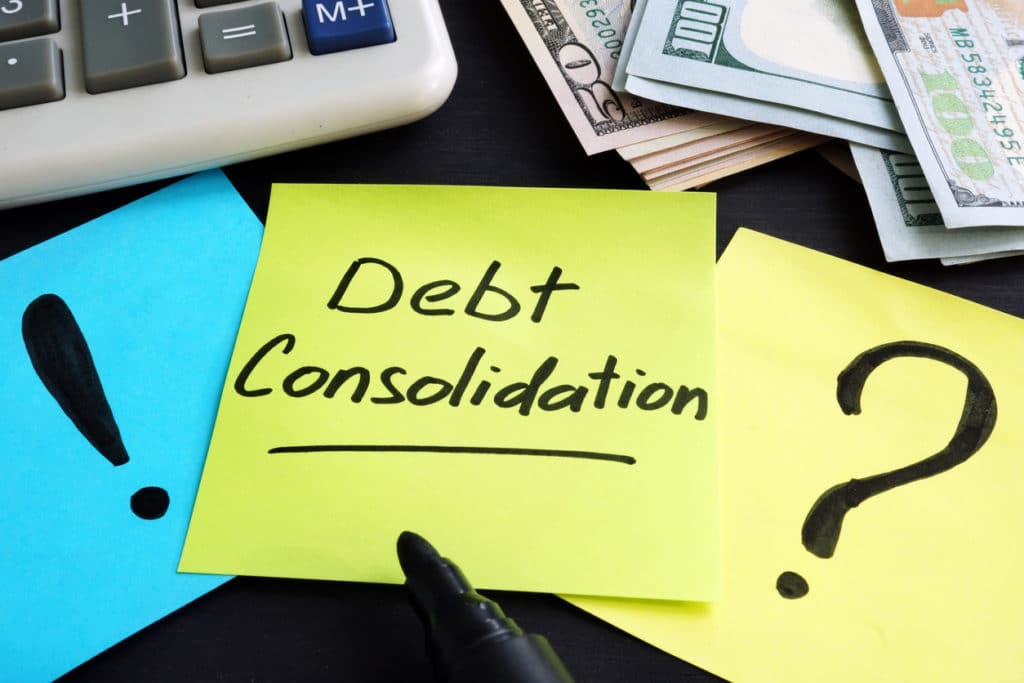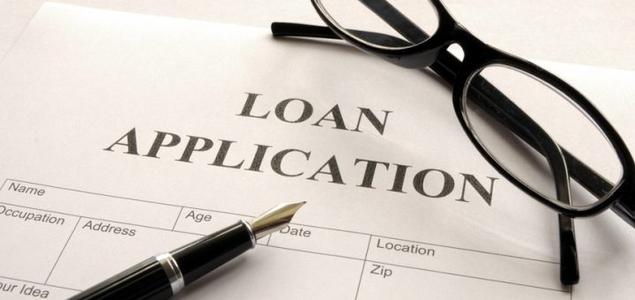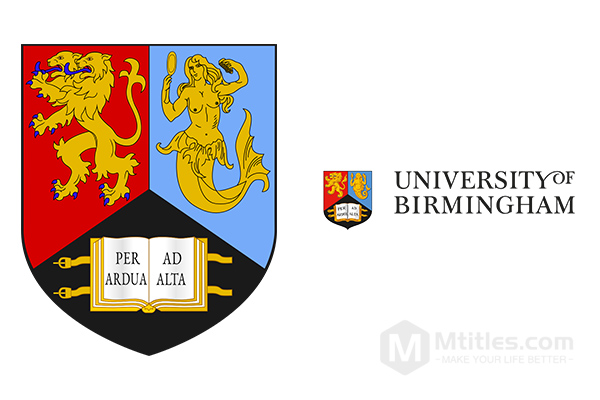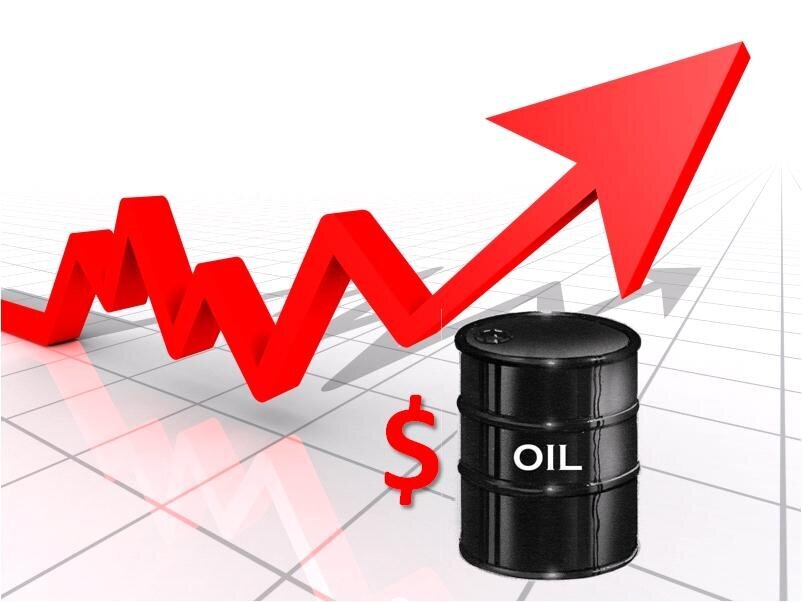3 Questions to Ask When Considering a Consolidation Loan

Many Americans find themselves drowning in debt. The average household carries over $8000 in credit card debt alone, and most people face financial struggles when trying to make car payments, pay medical bills, and everyday expenses. Plus, it’s easy to get in over your head very quickly when you have more than one credit card - and when you have a hard time saying “no” when you see something at the store that you really want!
Debt consolidation loans are growing in popularity as a way of getting relief from the weight of multiple payments and high interest rates. These loans give you the money you need to pay off all of your debts at once: your credit cards, doctor bills, even car payments and more.
Sounds great, right? That depends on several things. If you’re considering a consolidation loan, here are three questions you should ask.
1. Will it save me money?
The whole point of a debt consolidation loan is to be better off financially than when you started. You need to do a careful evaluation of your current situation. How much debt do you have? What are the interest rates you’re paying for your various credit cards, auto loans, and any other debts you have? You won’t know if a consolidation loan is a good choice if you don’t know what you’re already paying.
You also need to look at the term length of your current debts. Yes, it sounds like an automatic savings if you go from credit cards charging over 18% in interest to a consolidation loan that only charges 8%. But, your loan could have a term of five years - and if you can pay off your credit card in 6 months, are you actually saving anything? Do the math. It matters!
2. Will I qualify?
Unless you’re putting something down as collateral (i.e. a secured loan), any lender will look at your credit history to determine if you’re eligible for a consolidation loan and if so, at what interest rate and terms. That’s where the paradox happens: you need good credit to get a consolidation loan, but chances are high that if you have a solid credit history, you don’t need consolidation!
You don’t risk anything by working with a lender to see if you pre-qualify, but prepare yourself for higher interest rates or collateral requirements if your credit score isn’t fairly decent.
3. Do I have an effective plan for staying out of debt?
As mentioned earlier, the reason for getting a consolidation loan is to reduce and/or eliminate debt. Frankly, the reason you’re in debt probably has something to do with your spending habits - unexpected expenses like car repairs and medical bills notwithstanding. If you consolidate your debt by taking on a loan but continue to put more on your credit cards than you can pay in full every month, you’ve just added to your debt problem - because you’ve still got credit card payments, and now you have loan repayments on top of that.
Fortunately, there are reputable providers of debt consolidation loans who work with you to create a plan for your financial future - and that’s included as part of their lending process. Whether you need help setting up a budget, analyzing your income, or deciding if you need credit cards at all, you’ll find many of those resources at your fingertips if you choose your debt consolidation lender carefully.
Debt consolidation loans have been successfully used by many people to pay off high interest rate debt, simplify monthly bills, and to get on more secure financial footing. Is it right for you? Take the time to answer those three questions for yourself before deciding if it’s an option that’s going to help you both now and down the road.







